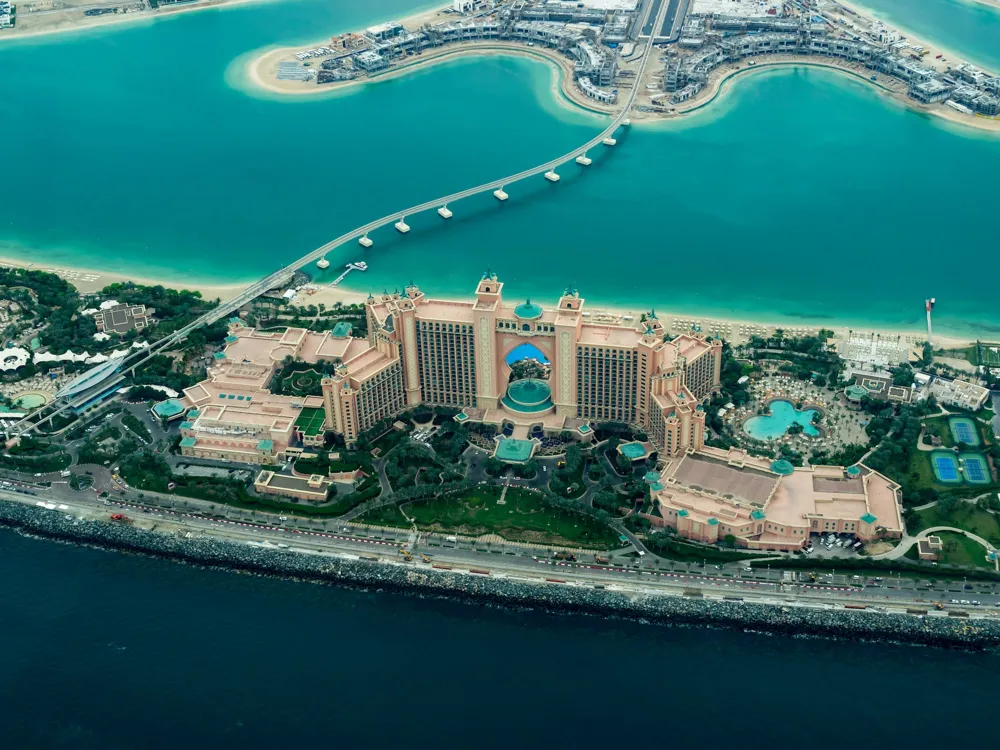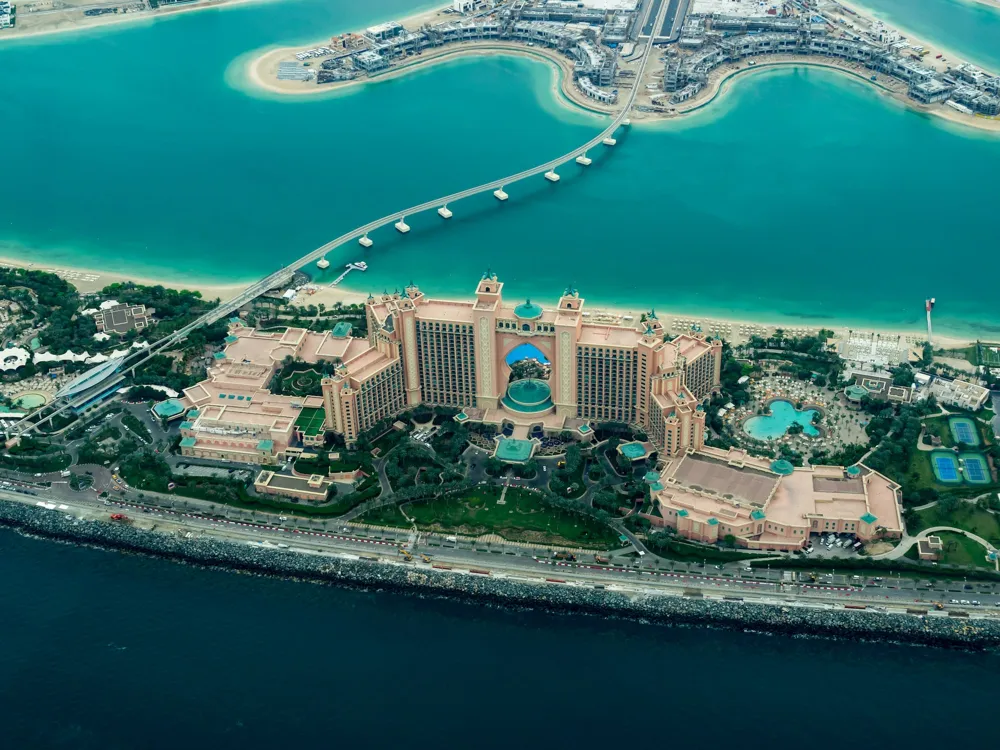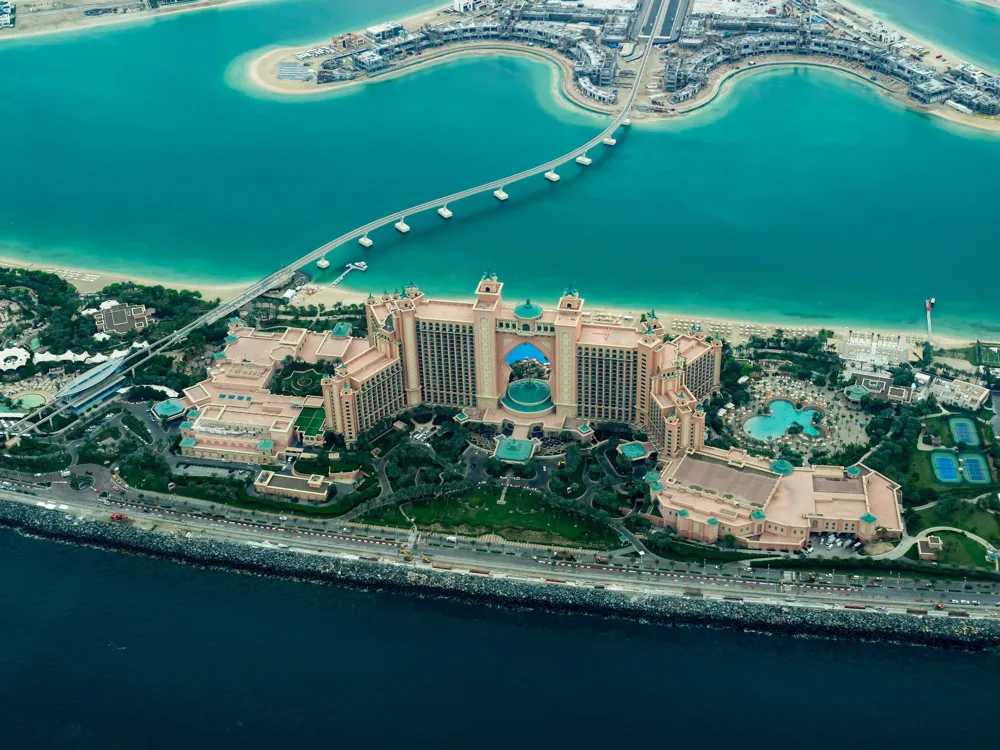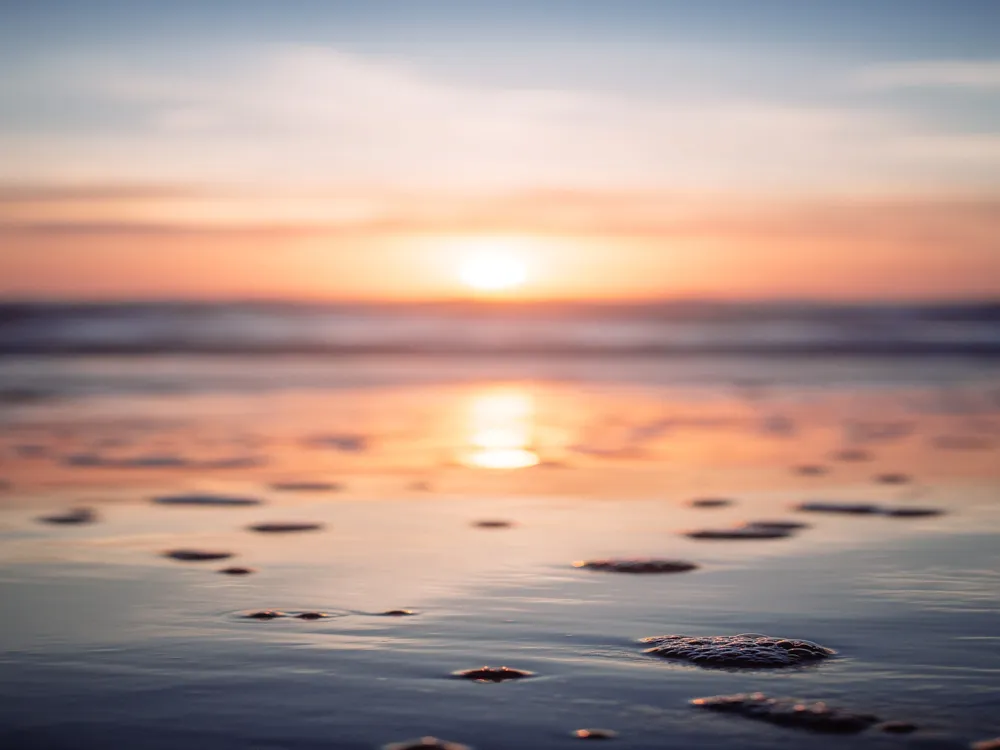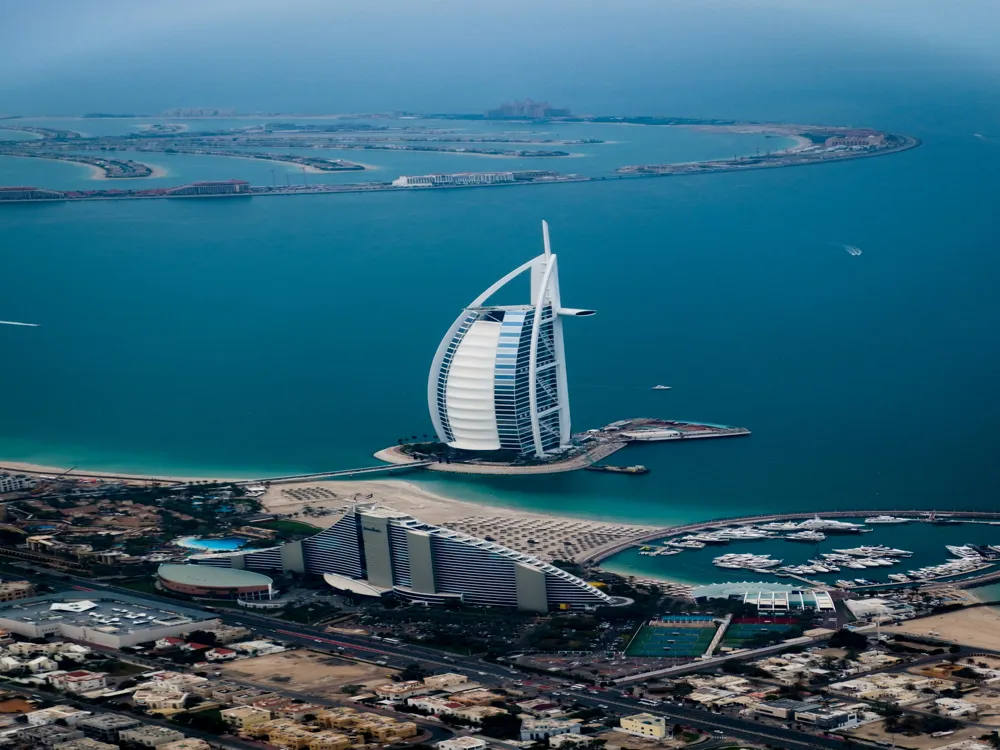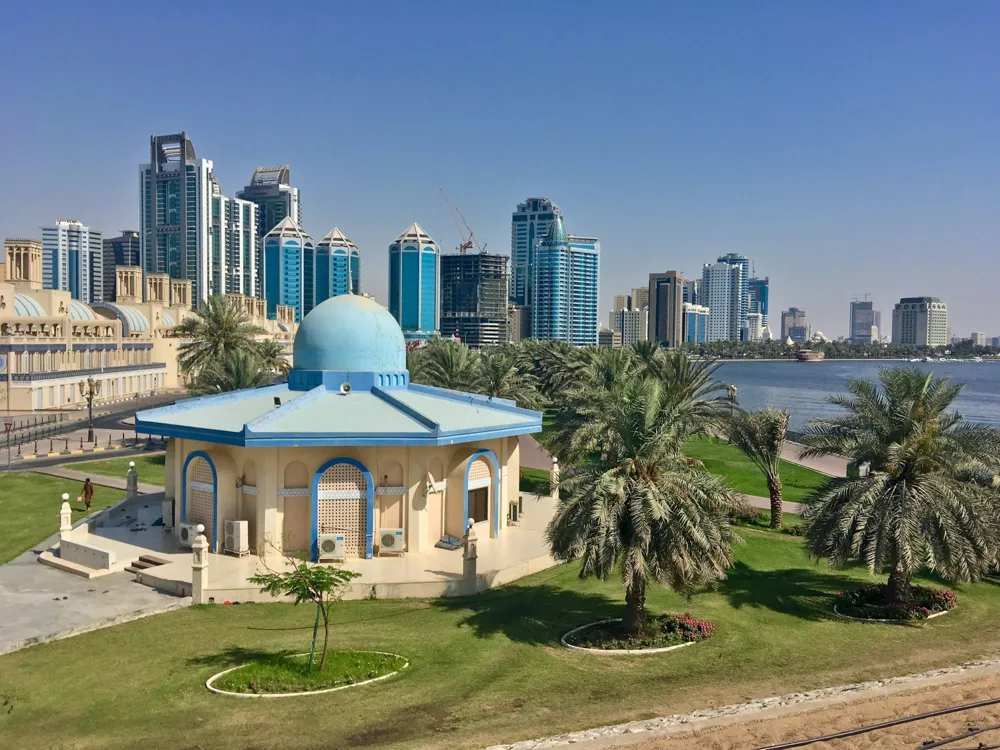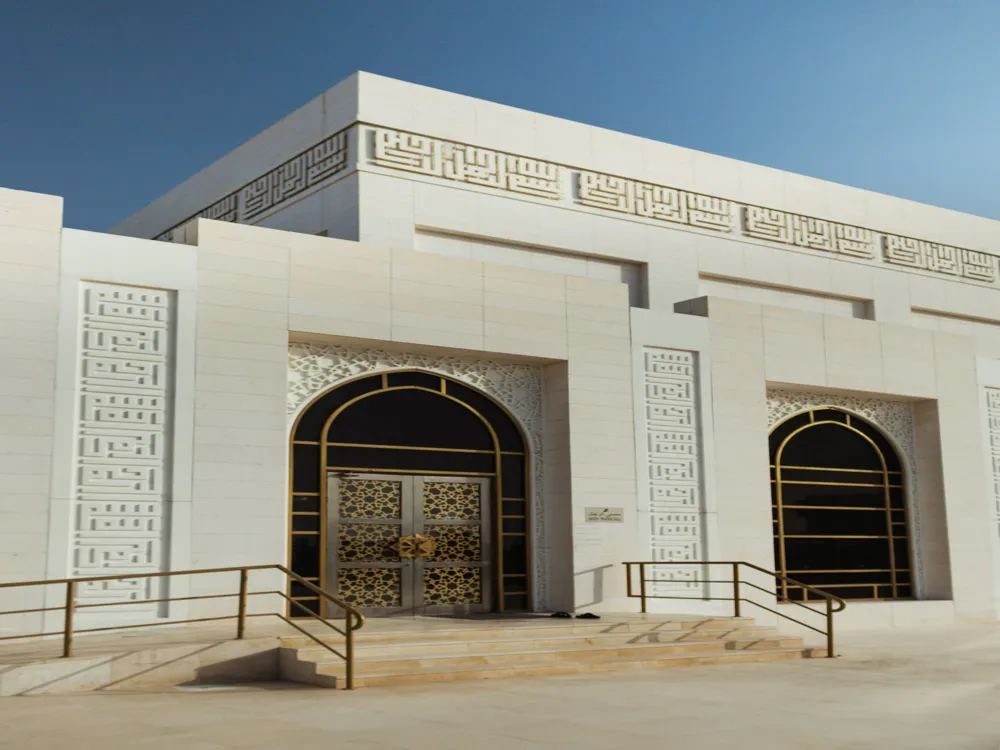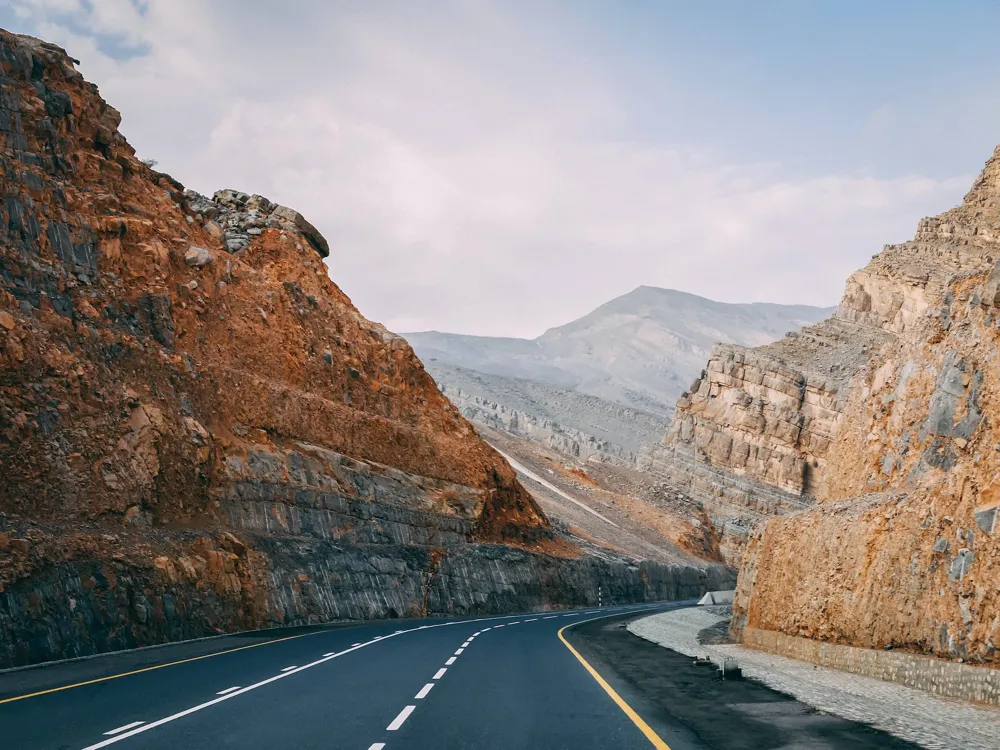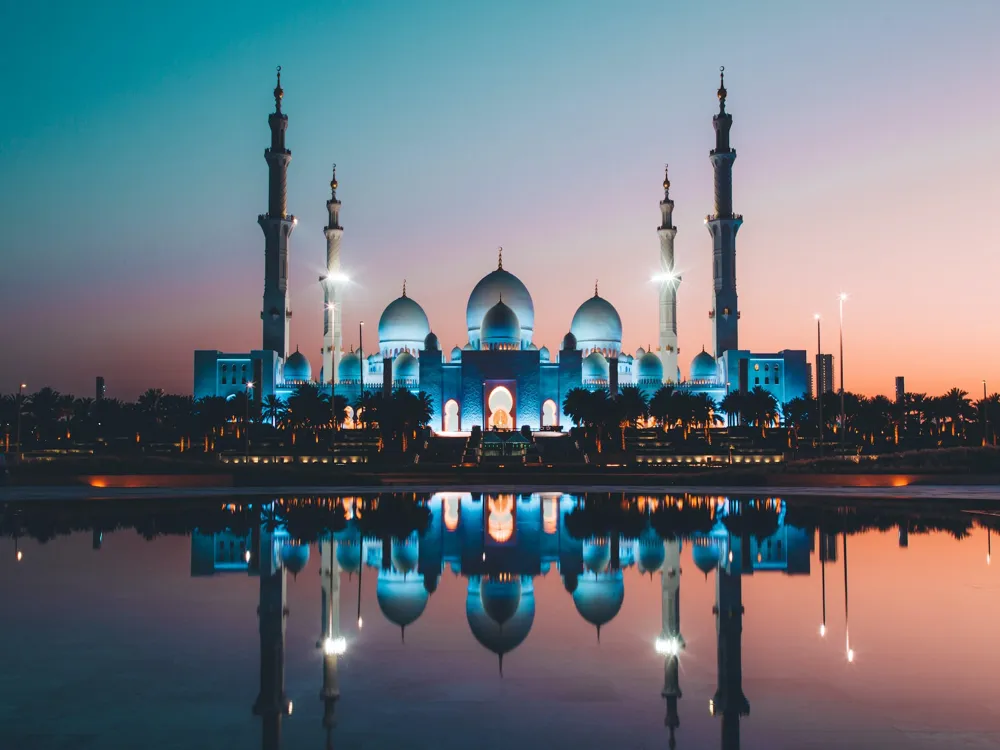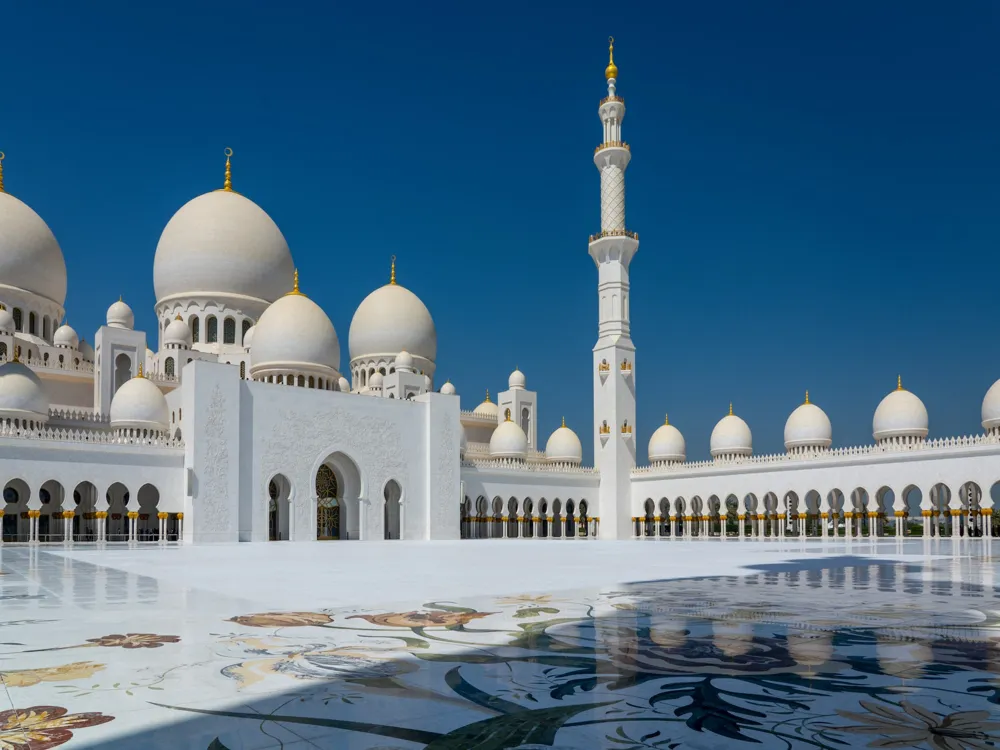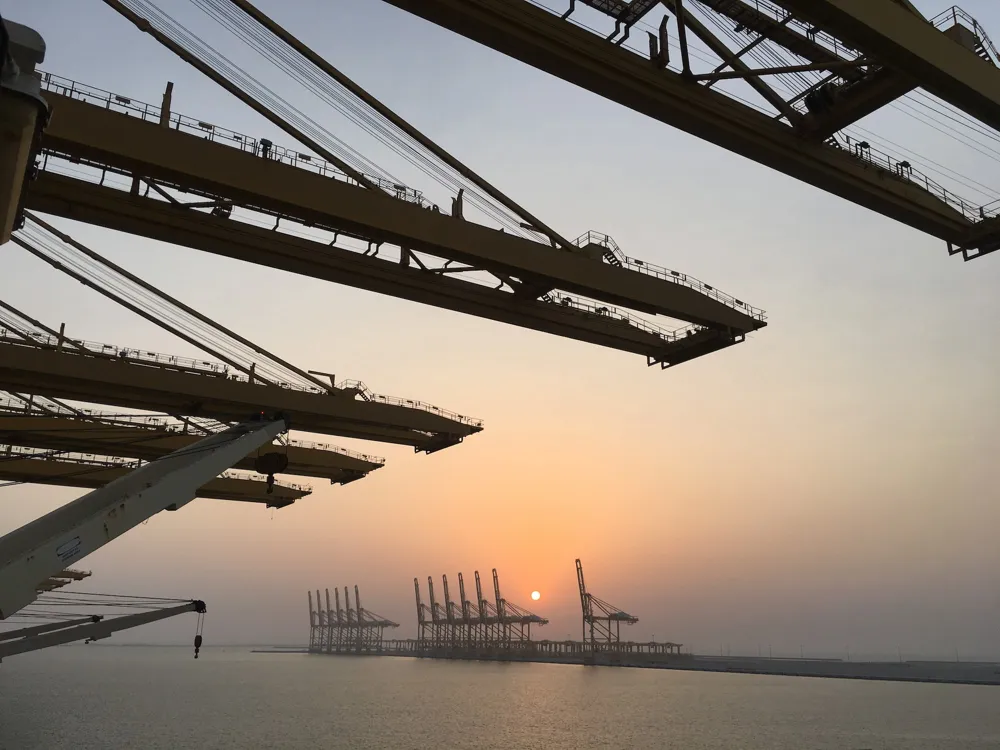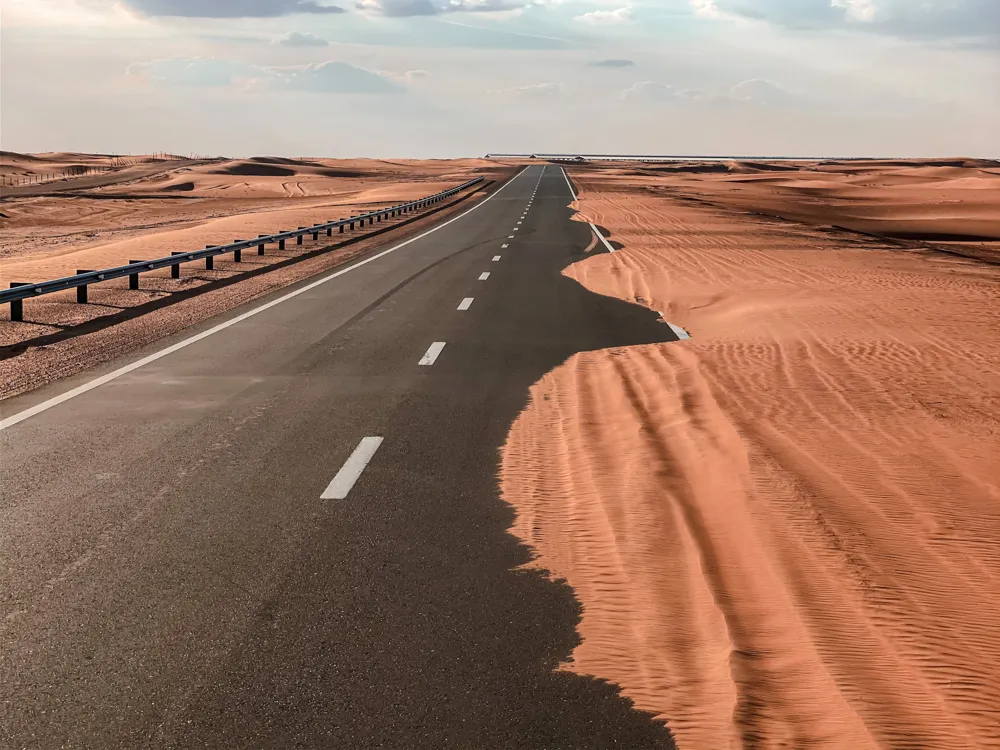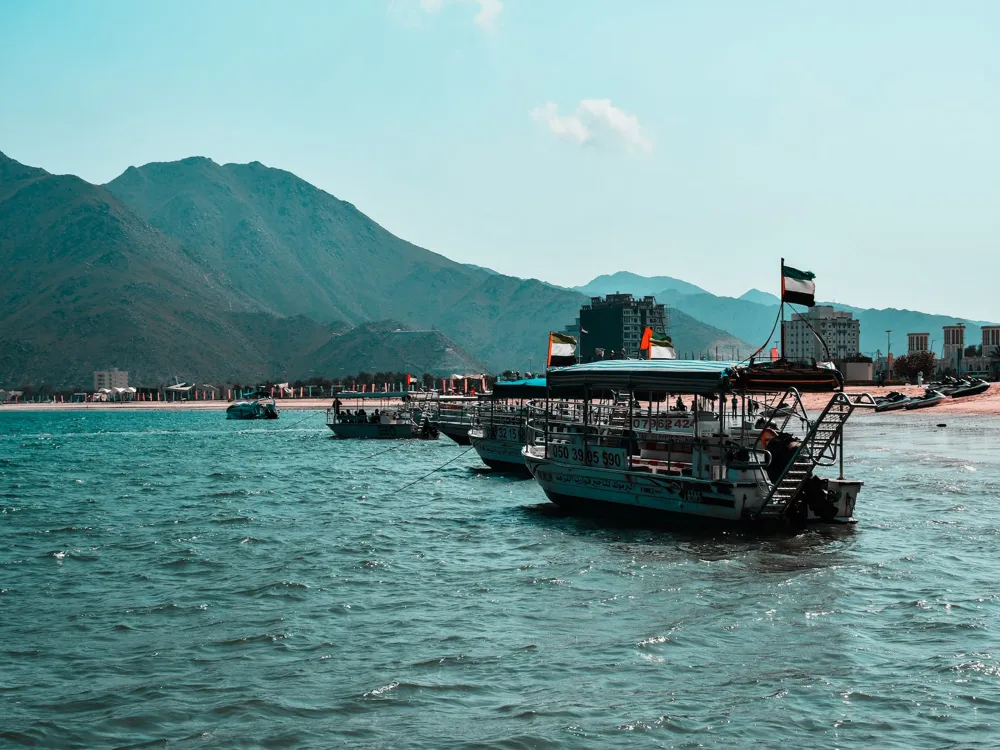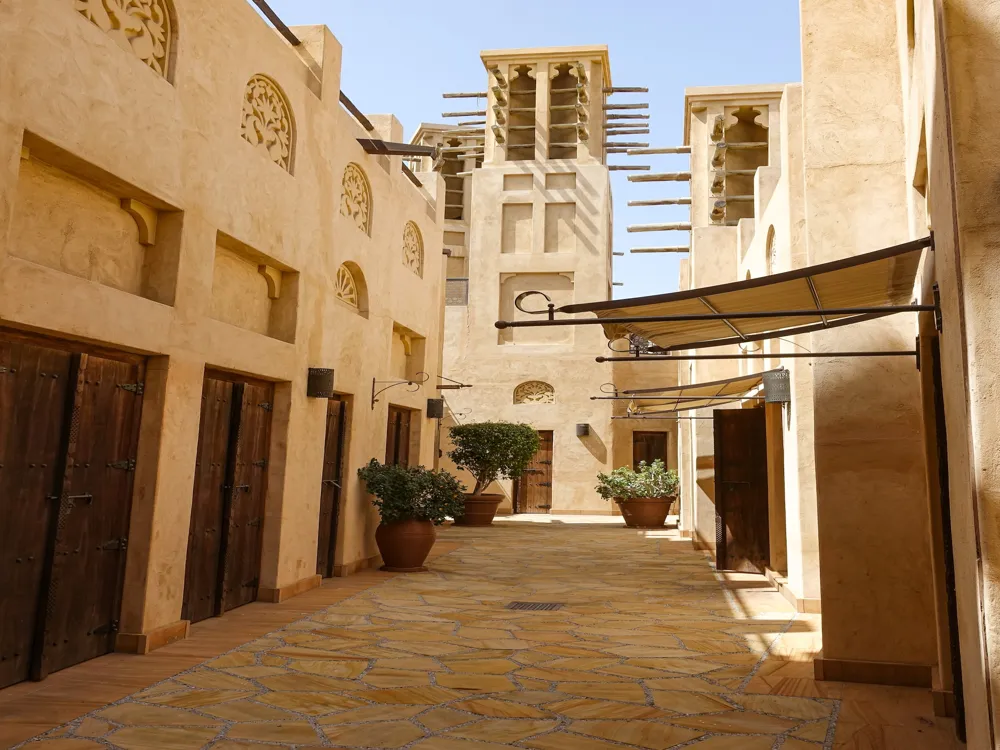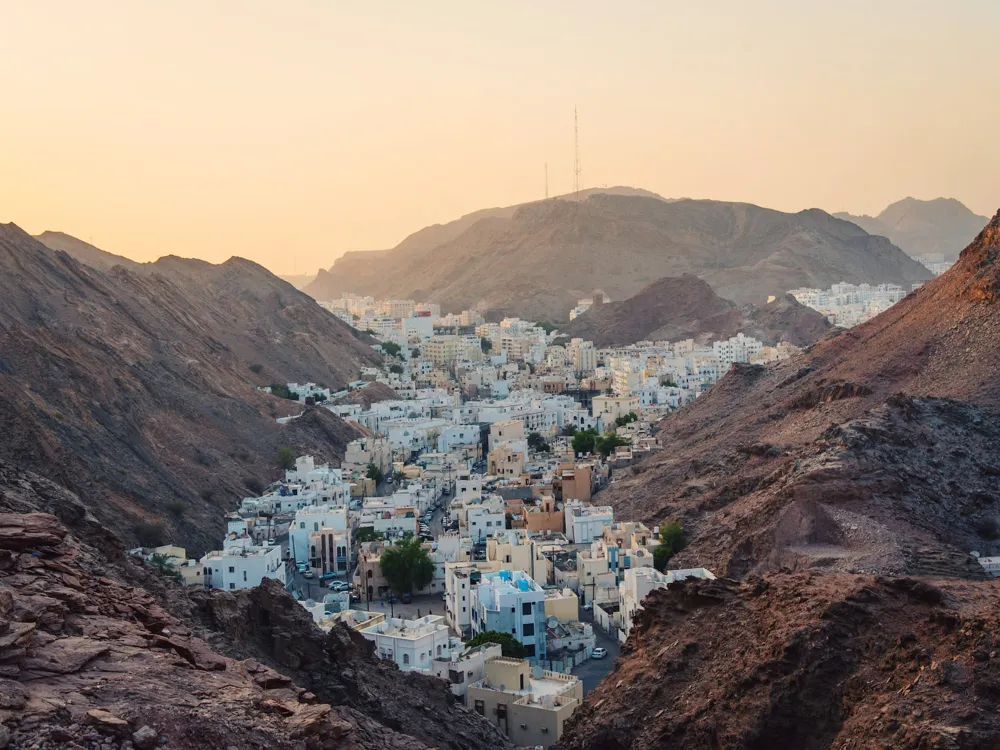Dubai, a city and emirate in the United Arab Emirates, is renowned for its breathtaking skyline, vibrant cultural tapestry, and groundbreaking feats of engineering. Situated on the southeastern coast of the Persian Gulf, Dubai is often hailed as a symbol of modernity and progress in the Middle East. This metropolis is a melting pot of diverse cultures, reflected in its culinary landscapes, bustling souks, and ultramodern lifestyle. It's not only a top destination for luxury and shopping but also a hub for international business and travel. Historically, Dubai was a small fishing village known for its pearl trade. However, the discovery of oil in the 1960s catapulted it into rapid urbanization and wealth. Today, Dubai's economy is largely driven by sectors like tourism, real estate, aviation, and financial services. The city's remarkable transformation from a desert outpost to a global metropolis is a testament to its ambitious vision and relentless pursuit of excellence. Dubai's society is a unique blend of traditional Emirati heritage and a cosmopolitan lifestyle. The city respects its Islamic roots while embracing a modern lifestyle, evident in its architecture, fashion, and entertainment. With expatriates making up the majority of the population, it's a city where East meets West, offering a rich tapestry of diverse cultural experiences. Dubai's architecture is a striking fusion of traditional Islamic art and cutting-edge modern design. The city is home to some of the world's most iconic skyscrapers and architectural marvels, each narrating a story of innovation and ambition. Dubai's skyline is a testament to its relentless pursuit of architectural excellence, pushing the boundaries of what's possible. The Burj Khalifa, standing as the world's tallest building, epitomizes Dubai's architectural ambition. This colossal structure is a marvel of engineering and design, symbolizing the city's unyielding pursuit of greatness. Another iconic structure, the Burj Al Arab, known for its sail-shaped design, redefines luxury and is a benchmark for innovative architecture worldwide. Dubai's architectural prowess isn't limited to its skyscrapers. The Palm Jumeirah, an artificial archipelago, is a feat of human ingenuity, showcasing Dubai's ability to bend nature to its will. Similarly, the Dubai Mall, one of the largest shopping centers globally, blends luxury retail with entertainment, setting new standards in retail architecture. Respect for local customs and laws is paramount in Dubai. As an Islamic city, visitors should dress modestly, particularly in public spaces. Being mindful of cultural sensitivities, such as during Ramadan, and adhering to local laws, including those related to alcohol consumption and public behavior, is essential for a hassle-free visit. Dubai's public transport system, including its metro, buses, and taxis, is efficient and easy to navigate. However, renting a car can offer more flexibility, especially when exploring areas outside the city center. It's important to familiarize oneself with local traffic laws and driving customs. Dubai's culinary scene is as diverse as its population, offering a blend of Arabian, Asian, and international cuisine. From luxurious fine-dining restaurants to local street food, the city caters to all palates and budgets. Don't miss the opportunity to try traditional Emirati dishes for an authentic taste of local culture. Dubai is well-connected to the rest of the world, making it easily accessible by air, sea, and land. The Dubai International Airport, one of the busiest in the world, serves as a major hub for international flights. For those preferring sea travel, Dubai also has a bustling port welcoming cruise ships. Overland routes from neighboring countries provide an alternative for travelers in the region.Overview of Dubai
History and Growth
Culture and Society
Architecture of Dubai
Iconic Structures
Engineering Marvels
Tips When Visiting Dubai
Understanding Local Customs and Laws
Navigating the City
Exploring the Culinary Scene
How To Reach Dubai
Mall of the Emirates
Dubai
₹ 17,999 onwards
View dubai Packages
Weather :
Tags : Shopping Mall
Time Required : 2-3 hours
Entry Fee : No entry fee
Planning a Trip? Ask Your Question
Dubai Travel Packages
View All Packages For Dubai
Top Hotel Collections for Dubai

Private Pool

Luxury Hotels

5-Star Hotels

Pet Friendly
Top Hotels Near Dubai
Other Top Ranking Places In Dubai
View All Places To Visit In dubai
View dubai Packages
Weather :
Tags : Shopping Mall
Time Required : 2-3 hours
Entry Fee : No entry fee
Planning a Trip? Ask Your Question
Dubai Travel Packages
View All Packages For Dubai
Top Hotel Collections for Dubai

Private Pool

Luxury Hotels

5-Star Hotels

Pet Friendly






